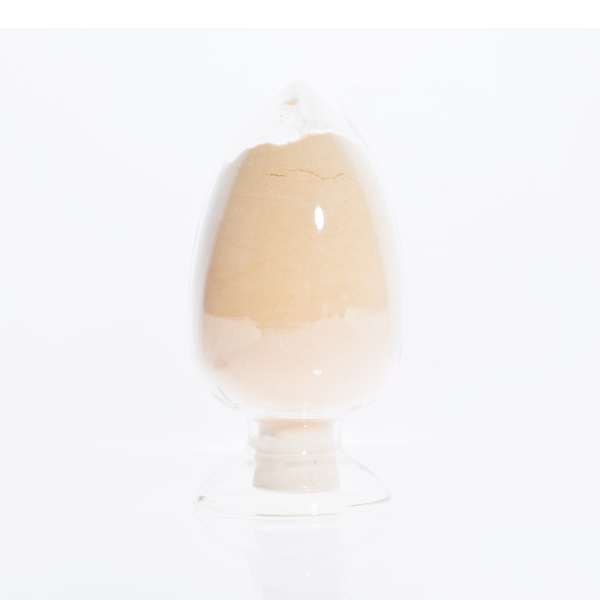
News
Sep . 14, 2024 18:30 Back to list
homemade micronutrients for plants
Homemade Micronutrients for Plants A Sustainable Approach to Plant Care
Gardening enthusiasts know that the secret to vibrant, healthy plants lies not just in adequate sunlight and water, but also in the proper balance of nutrients. While macronutrients like nitrogen, phosphorus, and potassium are vital, micronutrients such as iron, manganese, zinc, and copper play significant roles in plant health. Utilizing homemade micronutrients can be an effective and sustainable way to nourish your plants without the chemicals found in commercial fertilizers.
Micronutrients are essential for a variety of plant functions including enzyme production, photosynthesis, and cellular respiration. Without these trace elements, plants may exhibit symptoms such as chlorosis (yellowing of leaves), stunted growth, and poor fruit or flower production. Let's explore some easy and natural sources of micronutrients that can be easily incorporated into your gardening routine.
One of the simplest ways to make homemade micronutrients is by using compost. Compost improves soil structure and provides a wealth of nutrients. Adding well-decayed organic matter to your garden enriches the soil with various micronutrients, which are released as the compost breaks down. Furthermore, compost tea, made by steeping compost in water, can be a potent liquid fertilizer that delivers essential micronutrients directly to your plants.
Another effective homemade source of micronutrients is banana peels. Rich in potassium, phosphorus, and calcium, you can cut banana peels into small pieces and bury them in the soil around your plants or dry and grind them into a powder. This not only enriches the soil but also attracts beneficial microorganisms that enhance nutrient availability.
homemade micronutrients for plants

Eggshells are another fantastic resource. They are composed primarily of calcium carbonate, which is crucial for cell wall structure in plants. Simply rinse and crush the eggshells, then mix them into your soil. This will gradually release calcium over time, promoting stronger and healthier plants.
Coffee grounds, often discarded after brewing, are not just beneficial for your morning routine but also for your garden. Used coffee grounds add nitrogen to the soil and can improve its overall structure. They also provide small amounts of magnesium and potassium. Just sprinkle used grounds around your plants or mix them into your compost pile.
For those looking for a more liquid approach, homemade nettle tea can be an excellent source of micronutrients. To make it, steep fresh or dried nettles in water for a week. The resulting liquid fertilizer is rich in iron and other trace elements that significantly boost plant health. Dilute it before applying to prevent any potential leaf burn.
In conclusion, providing your plants with homemade micronutrients is not only environmentally friendly but also an economical choice. By utilizing kitchen scraps and natural resources, you can create a nourishing environment for your plants to thrive. With a bit of creativity and effort, you can ensure your garden flourishes naturally, promoting sustainability and enhancing your gardening experience. Happy gardening!
-
Polyaspartic Acid Salts in Agricultural Fertilizers: A Sustainable Solution
NewsJul.21,2025
-
OEM Chelating Agent Preservative Supplier & Manufacturer High-Quality Customized Solutions
NewsJul.08,2025
-
OEM Potassium Chelating Agent Manufacturer - Custom Potassium Oxalate & Citrate Solutions
NewsJul.08,2025
-
OEM Pentasodium DTPA Chelating Agent Supplier & Manufacturer High Purity & Cost-Effective Solutions
NewsJul.08,2025
-
High-Efficiency Chelated Trace Elements Fertilizer Bulk Supplier & Manufacturer Quotes
NewsJul.07,2025
-
High Quality K Formation for a Chelating Agent – Reliable Manufacturer & Supplier
NewsJul.07,2025
